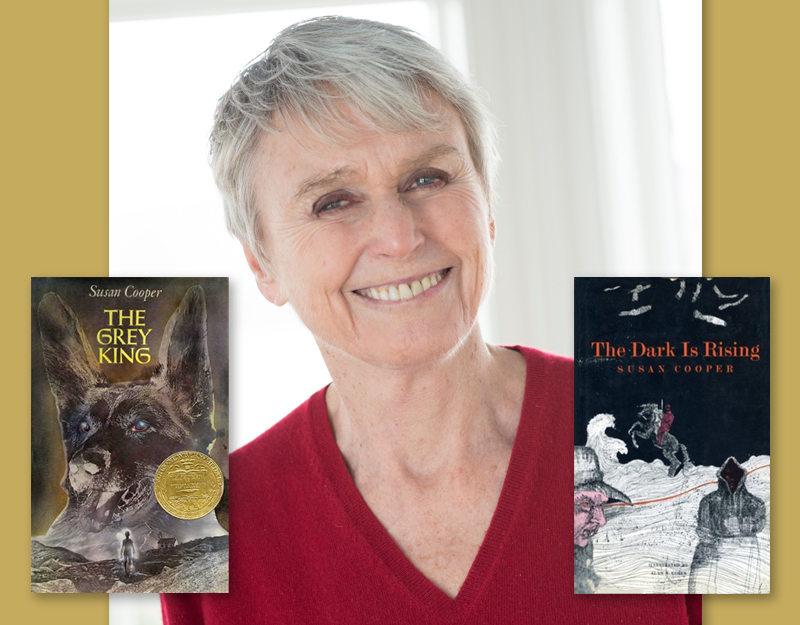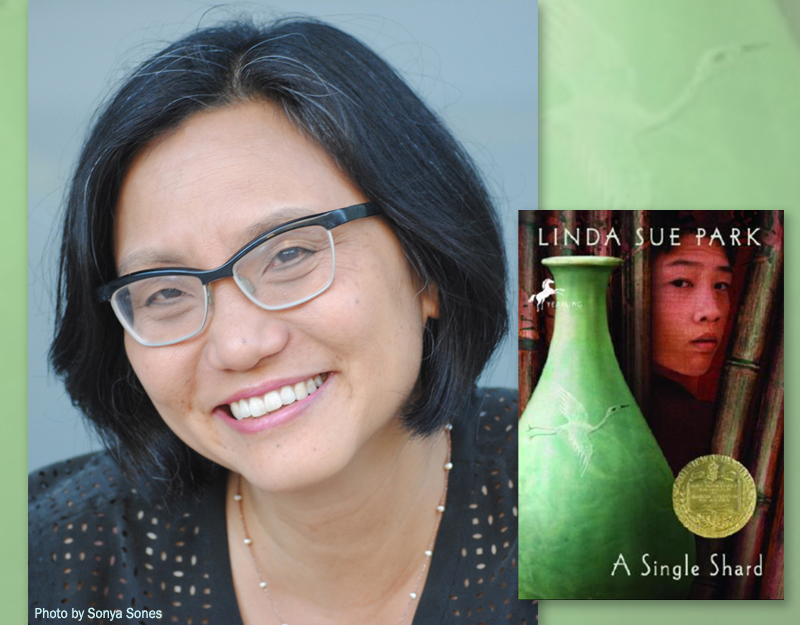Let the Discussion Begin…Again…Soon!
 Now that we are ready to discuss and compare the 18 Heavy Medal 2018 Mock Newbery candidates, it seems to be the optimal time to go over some basic meeting procedures and discussion guidelines.
Now that we are ready to discuss and compare the 18 Heavy Medal 2018 Mock Newbery candidates, it seems to be the optimal time to go over some basic meeting procedures and discussion guidelines.
On Heavy Medal, bloggers and readers have the luxury of getting into detailed and sometimes lengthy explanation of our opinions. In the actual Newbery committee meeting, time would always seem short. The Chair allots discussion time to each title and assigns a time keeper to ensure that every book has equal opportunity to be examined. The official Newbery Committee is assigned two eight-hour meeting days with the option of extended time when needed. (This inevitably happens with committee members working late into the night.) If each title receives 15 minutes of discussion time, four books could be discussed per hour. 8 hours of meeting time would allow for 32 titles to be discussed. Two full days of 8-hour discussion will cover 64 titles — a reasonable amount of nominations. Considering that there are 15 people on the committee, the fairest amount of time per person per book is ONE minute!
ADVERTISEMENT
ADVERTISEMENT
That’s why it is crucial that a Newbery member is able to express their opinions effectively and concisely. This is also why one is advised not to repeat the same points made by others. However, indicating verbally or with visible body language one’s agreement is crucial in the discussion process so that entire Committee could have a sense of which direction a particular book is heading. We’d love if our readers post when you agree with someone, even if it is just, “I totally agree with so-and-so’s evaluation of the character development.”
Each nominated title would be “introduced” by a committee member, usually one who has done the nomination, to highlight the distinguishing qualities and to invite further comments from fellow committee members. These introductions are usually short and to the point. Sharon, Steven, and I will follow this convention and post short highlights for each of our long listed titles starting tomorrow. We invite our readers to engage in discussion with each other once the blog post is up.
 In order to have the most effective and efficient selecting process, certain guidelines must be observed. For all my Newbery and Notables committee experiences with ALSC (Association of Library Services to Children, a division of American Library Association,) we were always advised to follow the Book Discussion Guidelines established by trailblazers Ginny Moore Kruse and Kathleen T. Horning at The Cooperative Children’s Book Center, University of Wisconsin-Madison School of Education. Not only do these guidelines keep the discussion focused and fruitful, they also allow the entire committee to be on the same level playing field.
In order to have the most effective and efficient selecting process, certain guidelines must be observed. For all my Newbery and Notables committee experiences with ALSC (Association of Library Services to Children, a division of American Library Association,) we were always advised to follow the Book Discussion Guidelines established by trailblazers Ginny Moore Kruse and Kathleen T. Horning at The Cooperative Children’s Book Center, University of Wisconsin-Madison School of Education. Not only do these guidelines keep the discussion focused and fruitful, they also allow the entire committee to be on the same level playing field.
For my own Mock Newbery discussion in person, I would definitely include the entirety of the CCBC guidelines, presented here with some of my comments:
Look at each book for what it is, rather than what it is not.
- Make positive comments first. Try to express what you liked about the book and why. (e.g. “The illustrations are a perfect match for the story because….”)
This might first appear to be a goody-two-shoes approach, but in reality, no book is without some merits, and especially when a book is nominated for the Newbery. If this rule is not strictly observed, the negative comments strongly expressed by just a single committee member could easily hinder fruitful discussion. Leading a discussion with negative comments also would feel like personal affront to the member(s) who nominated a particular title and sets up a discouraging tone for the ensuing discussion.
- After everyone has had the opportunity to say what they appreciated about the book, you may talk about difficulties you had with a particular aspect of the book. Try to express difficulties as questions, rather than declarative judgments on the book as a whole. (e.g. “Would Max’s dinner really have still been warm?” rather than “That would never happen.”)
Clarification: for the sake of effective time management, if anyone has similar ideas to what others have already expressed, it is sufficient to just ditto others’ comments and move on to the next phase.
- Avoid recapping the story or booktalking the book. There is not time for a summary.DS
- Refrain from relating personal anecdotes. The discussion must focus on the book at hand.
- Try to compare the book with others on the discussion list, rather than other books by the same author or other books in your experience.
All perspectives and vocabularies are correct.
There is no “right” answer or single correct response.
- Listen openly to what is said, rather than who says it.
This is extremely important to keep in mind as each group inevitably would have pre-existing power-dynamics, even if all members are total strangers. For example, the Chair could be viewed as a power figure by some committee members and their comments might carry more weight, which would unbalance the discourse. The reverse is true as well: just because someone is new to the field, young, or does not have a literary degree, does not make their opinions less valid.
- Respond to the comments of others, rather than merely waiting for an opportunity to share your comments.
- Talk with each other, rather than to the discussion facilitator.
- Comment to the group as a whole, rather than to someone seated near you.
Side/Whispered conversation is damaging to both the discussion quality and morale of the group. Committee members should be discouraged to discuss the nominated titles outside of the meeting room and official allotted time. If a few people are getting lunch together, that is not the time to continue book discussion out of earshot of other members.
The following discussion tips found in the official Newbery Manual are aligned with the CCBC Guidelines and when the Committee adheres closely to these suggestions, the discourse is more likely to be professional and successful.
- Use good critical analysis, no vague words (cute, nice, good, etc.).
- Be cooperative—listen to each other, no side conversations
- Refer back to the criteria to keep the discussion focused.
- Make comparisons only to books that were published in the year under consideration.
- Clarity—be clear in what you say. Think through the point you are making, and speak loudly
enough to be heard by everyone. - Be concise—be sure that what you have to say adds to the discussion; try not to repeat what
others have said. - Do not book talk or summarize the plot.
- Refrain from relating personal anecdotes.
Let the Discussion Begin (starting January 3rd, 2018)!
Filed under: Process
About Roxanne Hsu Feldman
Roxanne Hsu Feldman is the Middle School (4th to 8th grade) Librarian at the Dalton School in New York City. She served on the 2002 and 2013 Newbery Committees. Roxanne was also a member of 2008-2009 Notable Books for Children, 2015 Best Fiction for Young Adults, and the 2017 Odyssey Award Committees. In 2016 Roxanne was one of the three judges for the Boston Globe-Horn Book Awards. You can reach her at at roxannefeldman@gmail.com.
ADVERTISEMENT
ADVERTISEMENT
SLJ Blog Network
The Moral Dilemma of THE MONSTER AT THE END OF THIS BOOK
Cover Reveal and Q&A: The One and Only Googoosh with Azadeh Westergaard
Winnie-The-Pooh | Review
Parsing Religion in Public Schools
Post-It Note Reviews:
ADVERTISEMENT








Hi I’m a fifth grade student and I just want to say I’ve been reading wishtree and I really hope it wins because Katherine Applegate is an awesome author.Also finished the one and only Ivan about a month ago and boy that was good I really hope she makes a book
the one and only Ivan 2 because she left us hanging what happened to Ivan is he ok is Stella ok. But most of all wishtree is #1 She Deserves another Newbery winner.so lets vote wishtree # WISHTREE!!!
This is going to be fun. Are we going to do this live, or do a book a post, or a book a day?
There will probably be two books every two days or so for “discussion” — for all readers 🙂 But of course, those who have read all the long listed titles will definitely want to chime in and compare the titles with each other: even before the “official starter post” of a particular title is available. We will send out a call for the Newbery 15 (and plus) participants closer to February so those who have read all 18 titles will receive the electronic ballot.
Keira is a student in my class and I was showing the kids this site and challenging them to read books on the list. It will be interesting to see if any others comment.
i”m wondering if you could share the timeline of the discussions? If possible, I’d like to wrestle any titles I can from my students, to have on hand on the given day.
We hope to be able to keep to this schedule — the short listed titles in alphabetical order while the long listed titles are placed near a similar or contrasting title: in age of readers, thematic, or format, etc. I’ll post this in a separate stand-alone post tomorrow. Does it help?
Jan – 3 Clayton Byrd Goes Underground
Jan – 3 First Rule of Punk
Jan – 5 The Hate U Give
Jan – 8 Refugee
Jan – 9 Hello Universe
Jan – 10 Patina
Jan – 11 Her Right Foot
Jan – 12 Princess Cora and the Crocodile
Jan – 15 I’m Just No Good at Rhyming
Jan – 16 Loving Vs. Virginia
Jan – 17 Orphan Island
Jan – 18 All’s Faire in Middle School
Jan – 19 Real Friends
Jan – 22 Beyond the Bright Sea
Jan – 23 Vincent and Theo
Jan – 24 War I Finally Won
Jan – 25 Wishtree
Jan – 26 Tumble and Blue